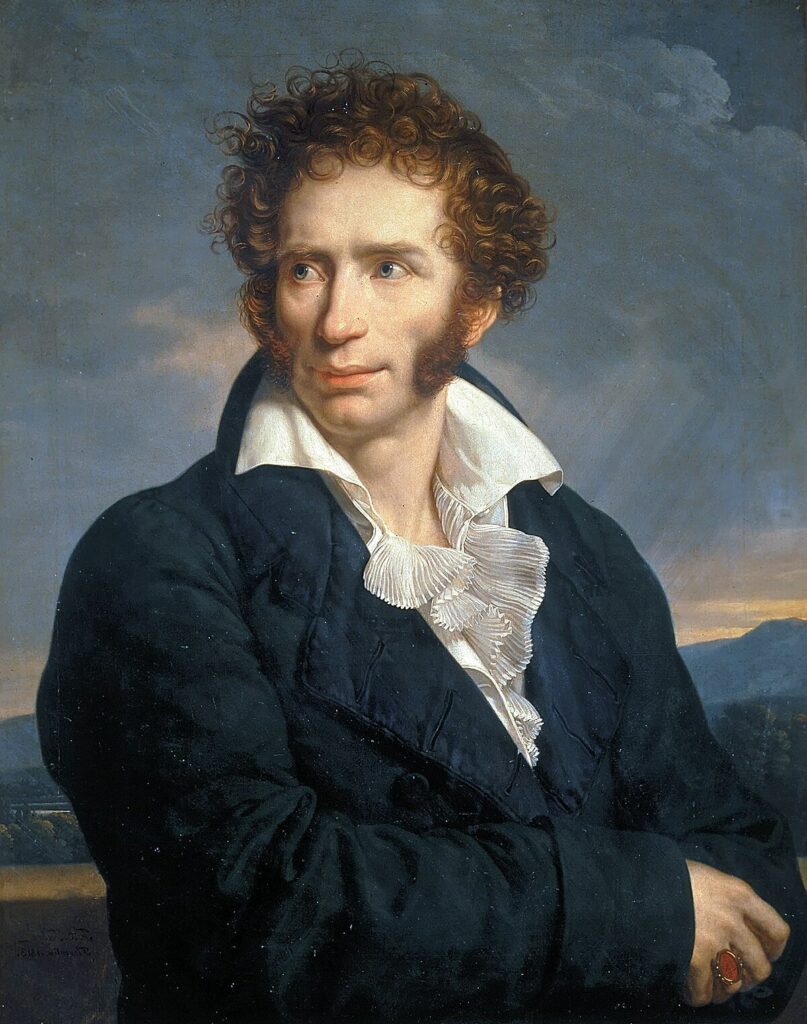FIND ITALIAN BOOKS

Ugo Foscolo (1778–1827) was an influential Italian poet, novelist, and patriot of the late 18th and early 19th centuries. His literary works are essential in the Italian Romantic literary movement, combining themes of classicism with a deep sense of Italian nationalism and personal introspection.
Key Points about Ugo Foscolo:
Early Life and Background:
- Birth: Born on February 6, 1778, in Zante (Zakynthos), which was part of the Republic of Venice (now Greece).
- Heritage: Of mixed Greek and Venetian descent, his multicultural background influenced his literary themes and perspectives.
- Education: Studied in Spalato (Split) and later in Venice, where he immersed himself in the rich literary and cultural traditions of Italy.
Major Works:
- “Le ultime lettere di Jacopo Ortis” (The Last Letters of Jacopo Ortis):
- Published in 1802, this epistolary novel is considered Italy’s first modern novel.
- It reflects Foscolo’s political disillusionment following Napoleon’s cession of Venice to Austria.
- The novel is noted for its autobiographical elements and deep emotional and political content.
- “Dei Sepolcri” (On Tombs):
- A long poem published in 1807, inspired by a Napoleonic edict that prohibited burials in churches and promoted the establishment of cemeteries outside city walls.
- It explores themes of death, memory, and the role of monuments in preserving the legacy of individuals and national heroes.
- “I Sepolcri”:
- Another important poem which elaborates on themes from “Dei Sepolcri”, emphasizing the importance of burial places as cultural and historical memory.
Literary Style and Themes:
- Romanticism: Foscolo’s work is characterized by a Romantic style, combining passionate expression, a focus on nature, and a preoccupation with individual and national identity.
- Classicism: Despite his Romantic tendencies, Foscolo was deeply influenced by classical literature and often integrated classical references and forms in his works.
- Patriotism: Many of his writings reflect his fervent Italian nationalism and his hopes for a unified Italy free from foreign domination.
- Personal Struggle: His life and work were marked by personal and political struggles, which he often expressed through his characters and themes.
Later Life and Legacy:
- Exile: Foscolo lived in various European cities, including Milan, Bologna, Florence, and London, due to his political beliefs and activities.
- Death: He died in London on September 10, 1827.
- Legacy: Foscolo is regarded as a pioneer of Italian Romanticism and an important figure in Italian literature. His works continue to be studied for their literary quality and historical significance.
Foscolo’s contributions to literature and his passionate engagement with the political and cultural issues of his time have cemented his place as a significant figure in the history of Italian letters.
Bestselling Books by Ugo Foscolo
Last updated on July 1, 2025 1:02 pm























